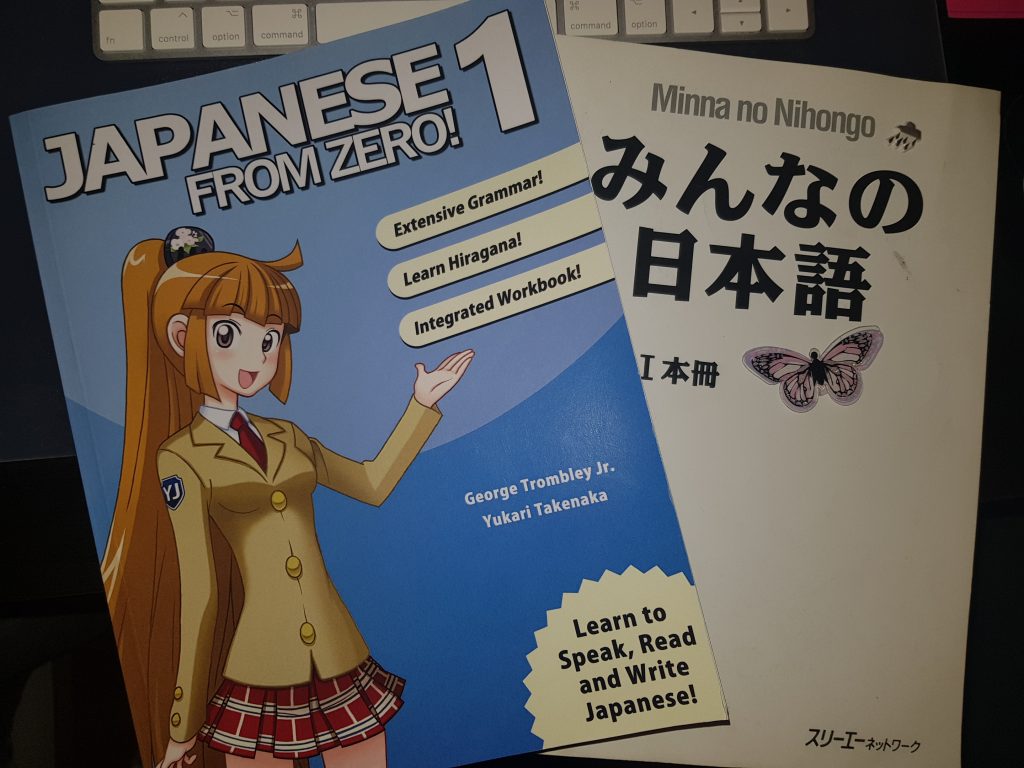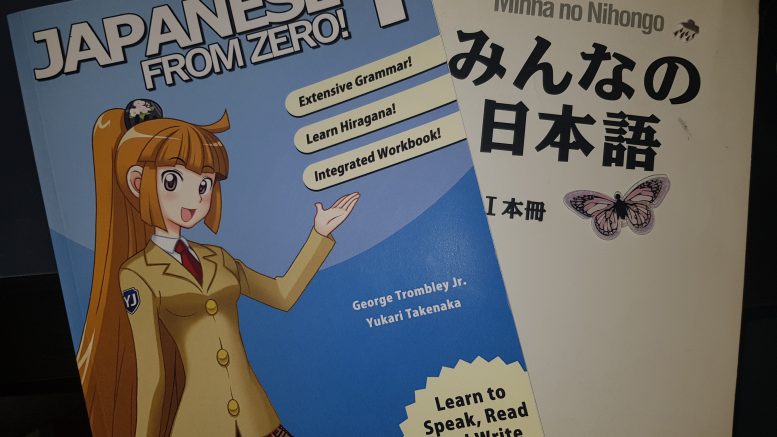
Image: Courtesy of Laureta Doci
Have you wanted to learn a new language but it just doesn’t seem to stick?
Learning a new language has many benefits, but the biggest one could be more job opportunities.
Dr. Barry Chametzky, professor at American Public University states in Online Career Tips: “With skills in one or more foreign languages, you will stand out from other applicants.”
That’s just one of many reasons to start learning, so here are 5 tips to help you learn in a different but effective way!
- Podcasts
Firstly, listen to more podcasts, they are really easy and helpful.
You can listen during a work-out, whilst you’re travelling, out and about shopping — any chance you get, as it’s hands-free.
Learn a new language through true, firsthand stories.@duolingo Spanish Podcast features real life lessons through language for English speakers learning Spanish.https://t.co/YRoG9D2psp pic.twitter.com/XsqJdqNsE3
— Apple Podcasts (@ApplePodcasts) July 29, 2018
There is a range of different types — some are conversational, plenty are for total beginners and others help you with the language along with worksheets to do whilst you listen.
- Dictionary
When you travel, carry a dictionary in the native language of your destination! This tip might seem like it’s an oldie and one you’ve heard many times but, so few people actually do it.
The locals will definitely appreciate your efforts and even if they really can’t understand what you’re saying (you know, because of the pronunciations) you can just point to the word in the dictionary. Problem solved.
https://www.instagram.com/p/BmICmSbhv68/?utm_source=ig_share_sheet&igshid=1deqnubmd5lpn
It will always come in handy, and you can challenge yourself to learn a new word a day. By the end of your trip, you can bet you’ll have learnt more words because of that handy dictionary.
- Conversation
Try to have conversations with someone who knows or is a native speaker of the language you are trying to learn.
As the saying goes “practice makes perfect”. So, practice what you’ve learnt and put it into action. Maybe even visit a restaurant or shop that is traditional to the language, try to ask questions and order in the language.
https://twitter.com/MavTraveler/status/803683952074588161
If there is no-one around you to practice with, there are a wide range of foreign language conversation apps and YouTube videos you can use to put your skills into action.
- Replacing words
If you don’t have someone to practice with, don’t fret!
The easiest way to remember the language is to replace your everyday words. It might sound weird or silly but soon enough you will be thinking in another language.
For example, if you are learning French, instead of saying ‘kettle’ replace it by saying ‘bouilloire.’ Do this as often as you can with everyday words and objects. You will be storing it in your memory through that practice and repetition, and it’ll become familiar.
- Music
Lastly, listen to the language!
This one’s just plain fun and you get to see and learn more about dialects and culture.
Students at the University of Westminster recommended this tip greatly.
Manaal, 21, said: “I’m studying Japanese, apart from watching movies, listening to music in the language really helps also.”
Jade, 19, said: “Even when I was learning French in secondary, I listened to a French reggae numbers song to help me learn it.”
Music will not only be enjoyable but can help with memorisation. From Spanish rap to French reggae, find it and immerse yourself. With the subtitles on you can also learn new words.
Make learning a new language one of your new years resolutions for 2019!
See also: Is London losing its cultural diversity to a rising tide of built-for-Instagram aesthetics?
Words: Laureta Doci | Subbing: Benedetta Laterza

